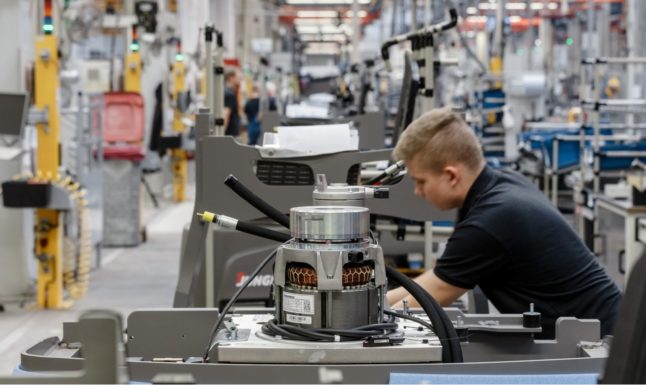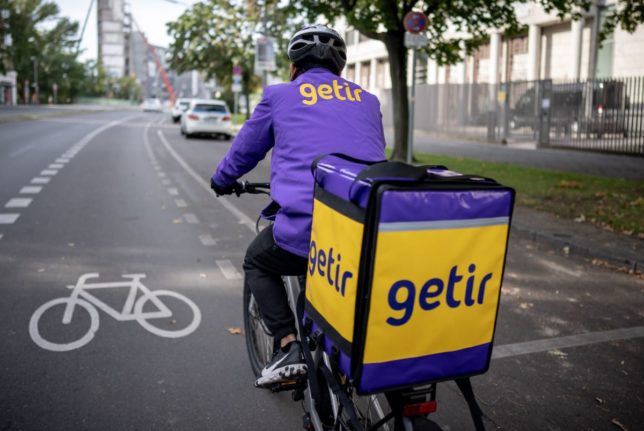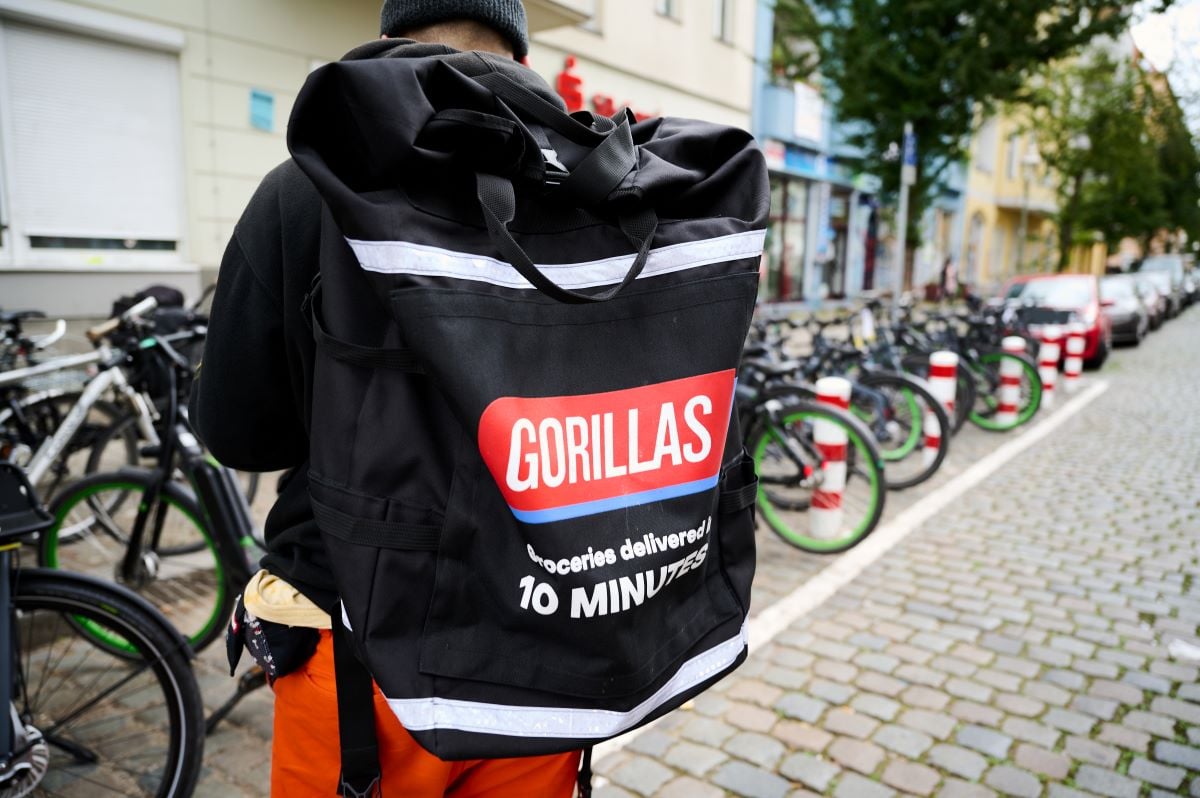Compiled by the Centre for European Economic Research (ZEW), the Country Index for Family Businesses compares industrialised countries in terms of their attractiveness as locations for business investment.
For the year 2022, the study shows that Germany continues to lose competitiveness in comparison with 20 other leading economic nations. It ranked 18th out of the 21 countries – four places worse than in 2020.
“Germany as an industrial location has dramatically lost quality,” said Rainer Kirchdörfer, Chairman of the Family Business Foundation. “Being at the back of the pack in an international comparison is not where we belong,” he said.
In its research, the ZEW evaluates six location factors in each country: tax burden, labour costs and productivity, the effort and cost of government regulation, financing conditions for companies, the quality of infrastructure and public administration, and energy supply and costs.
READ ALSO: Germany ranked as ‘worst country in world’ for essential expat needs
The USA came top of the list, followed by Canada and Sweden, while Germany was in fourth to last place – the worst position it has been in since the ranking was first compiled in 2006.
The authors of the study, led by economist Friedrich Heinemann, said that Germany can barely keep up with top locations in North America, Western Europe and Scandinavia.
“While other countries are investing in infrastructure or reforming their tax systems, Germany is making no headway. The only clear asset is the comparatively low level of government and private household debt,” it said.
Energy price shock a competitive disadvantage
The study’s leading economist, Freidrich Heinemann, spoke of a “sobering picture”. According to the study, the energy price shock since the start of the war in Ukraine has meant that several European countries have been at a competitive disadvantage, but Germany has not been able to compensate for this with advantages in other respects, the economists noted.
“The current crisis should be seen as an opportunity to turn things around, especially to reduce crippling regulatory burdens”, the authors of the study write. But so far, that has not been the case.
In the areas of tax burdens, energy, labour and regulation, the authors see Germany among the countries at the bottom of the pile. The economists argue that fiscal conditions urgently need to improve, while a sharp turnaround in education policy is needed to combat labour shortages.
Is it all bad news?
In the area of financing, at least, “Germany still offers first-class location conditions”, the study states.
While the top performer, the US, showed outstanding results in the location factors of energy and regulation, the study pointed out that those considering the US as a prime investment location should bear in mind the above-average inflation there. Price and wage pressures are also high in the US.
READ ALSO: Why Germany is expected to ‘dodge recession’ in 2023
Other studies have recently come to less pessimistic conclusions about Germany’s attractiveness as a business location. For example, the feared slump in foreign investment in Germany failed to materialise in 2022.
“In terms of the number of new business relocations, things are even looking slightly better than in 2021,” Robert Hermann, managing director of the federally owned economic development agency Germany Trade & Invest (GTAI), said in late December.




 Please whitelist us to continue reading.
Please whitelist us to continue reading.
Member comments